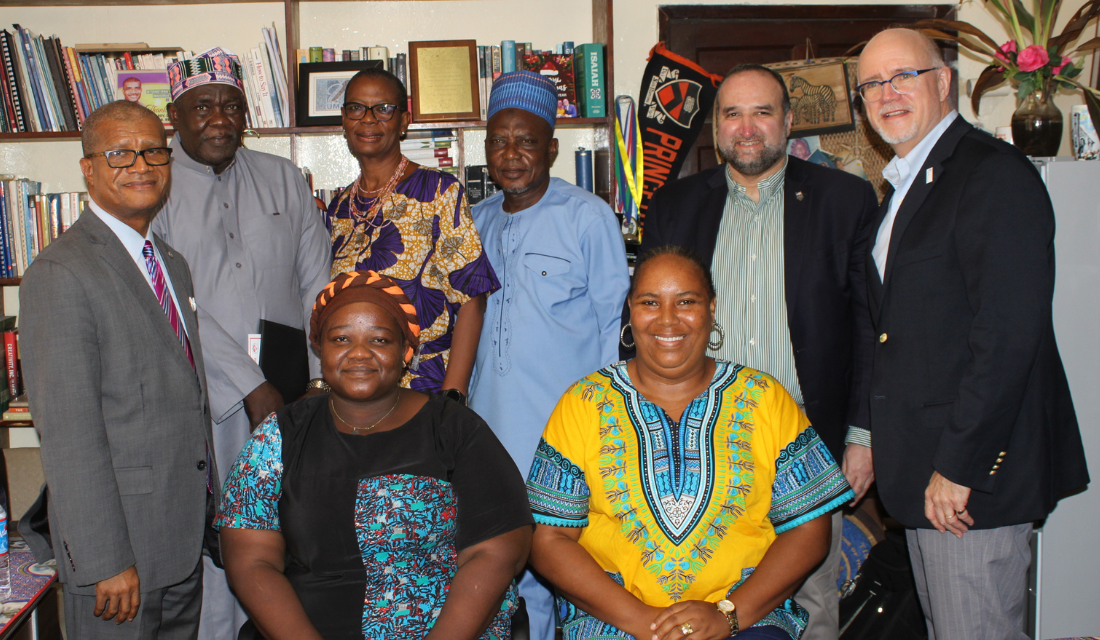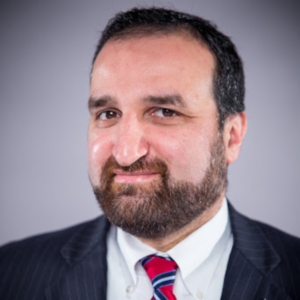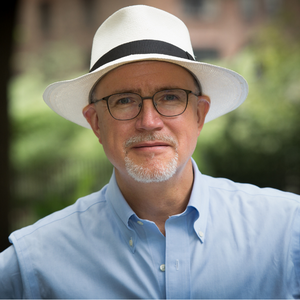Harnessing the Power of Interfaith Collaboration to Reduce Gender-Based Violence Against Women and Girls in Liberia

By Anwar Khan, President, Islamic Relief USA and Rob Radtke, President & CEO, Episcopal Relief & Development
Under a tree in a village in Bong County, Liberia, about ninety women and their small children shared their stories with us. We asked whether any of the women knew someone who was now experiencing less violence as a result of the program. Easily eighty percent of the women raised their hands. It was a stunning moment and a profound affirmation of the impact of the partnership between Episcopal Relief & Development and Islamic Relief USA.
As leaders of faith-based organizations, we understand that faith leaders are among the most trusted members of society whose words and actions carry significant influence. Faith leaders are uniquely positioned to confront harmful social norms and behaviors, advance social change and equality, and prevent violence against women and girls.
There is a growing body of evidence that engaging faith leaders—Christian and Muslim—in scripture-based activities contributes to fewer incidences of gender-based violence. Recently, we traveled together to Liberia to visit our partner the Episcopal Church of Liberia Relief & Development and see firsthand the lasting change being created in this community. Each story shared facilitated a deeper understanding of how the work influences change at the personal, familial and community levels.
We had the opportunity to meet with a youth group focused on reducing gender-based violence among young people and protecting them from predators in the school system. It is not uncommon for teachers to demand sex in exchange for good grades, for example. The group had created their own drama, illustrating how they could fight back against this kind of predatory behavior. Their energy and optimism about the future was infectious.
In Grand Cape Mount County we participated in an interfaith service at the Apostolic Pentecostal Church. Most Christian denominations were represented along with local Muslim leaders. The affection and collaboration among the faith leaders was palpable. It is clear that Muslim-Christian cooperation on responding to and reducing gender-based violence has a broader impact. Liberia recently went through an election, often a time of sectarian conflict. Both Christian and Muslim leaders made a point of telling us that Grand Cape Mount County has much less sectarian violence than other places in Liberia. They credited the relationships that they had built as a result of their joint effort.
We shared lunch with a small group of women faith leaders. Each of them told us her story. Many recounted how they had been sexually assaulted either by an intimate partner or someone in the community. It was a raw and powerful conversation. The women were immensely courageous in speaking out, especially in front of two foreign men. The essence of each story was how every woman in the room had started by transforming herself and then turned to transform her community.
One young woman spoke about how she had been a child bride at twelve or thirteen. As a result of the program, she had come to realize how being a child bride was wrong and had harmed her. Now a teacher, she monitors closely the girls in her school. If she gets any hint that one of them is at risk of becoming a child bride, she confronts the family and tries to prevent it from happening.
The power and inspiration these women derive from each other was one of the most moving experiences either of us had in our many years of doing this work.
We came back doubly committed to continuing to work together and with our partners on this important interfaith work to reduce gender-based violence against women and girls.
 |
 |
| Anwar Khan is the co-founder and current president of Islamic Relief USA. | Rob Radtke is the President & CEO at Episcopal Relief & Development. |


